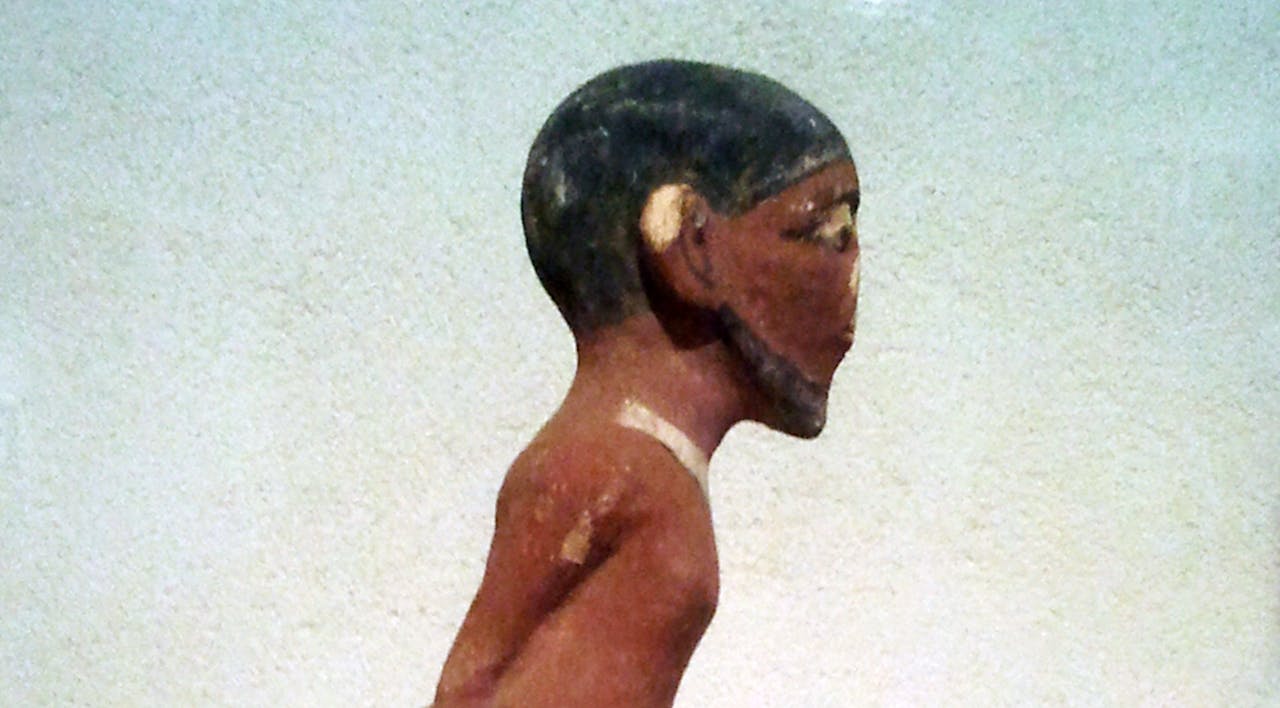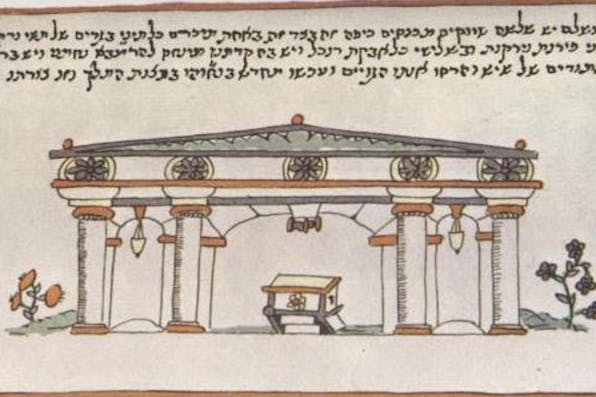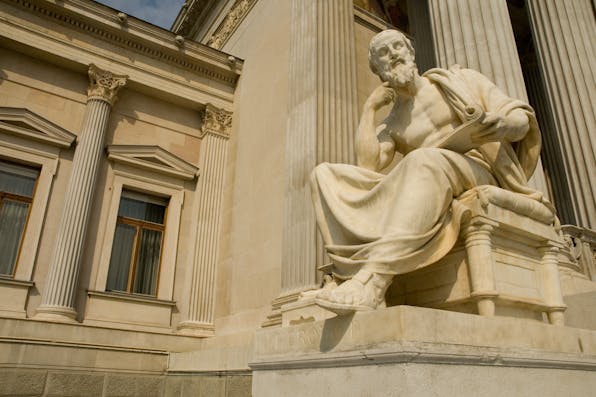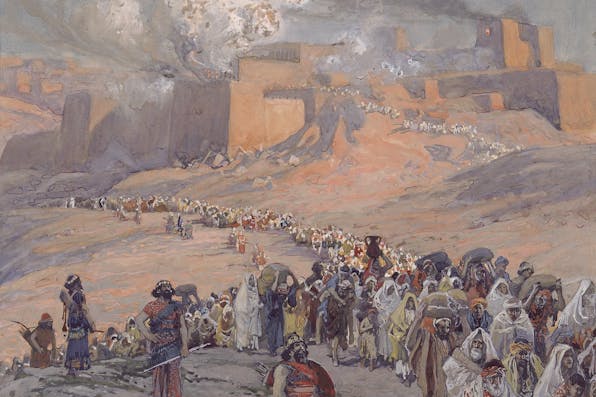
August 2018
What Is the Meaning of Jewish History?
A brief history of Jewish history-writing reveals an abundance of partial and competing narratives, all too often missing a key ingredient.
Jews invented the very idea of a history that is not a simple succession of events but a progress of mankind toward an accomplished purpose. No idea of history as we know it would have ever been conceived without the rabbinic sages’ disregard for ancient chronicles and annals. As the 20th-century French historian Philippe Ariès once noted:
Neither Greeks nor Romans ever had the idea of a universal history, grasping as a whole all times and all spaces. It is thanks to its contact with Jewish tradition that the Roman world, once Christianized, discovered that all mankind shared an inclusive interdependent history: a crucial moment at which to identify the origin of the modern concept of history.
Nevertheless, neither the Talmud nor contemporary Jewish scholarship enables us to write the history of the Jewish contribution to the progress of mankind as a whole. Before the 18th-century Enlightenment, Jews mainly recalled the transmission of traditional Jewish learning through the generations (though also, as we shall see, taking note of its development over time) or chronicled their people’s vicissitudes and misfortunes. Isolated exceptions aside, only in the late-18th and 19th centuries did Jewish historians begin to adopt new academic standards in conformity with the latest European fashions of scholarship. Israeli history-writing today appears largely as a national variation on the same theme.


